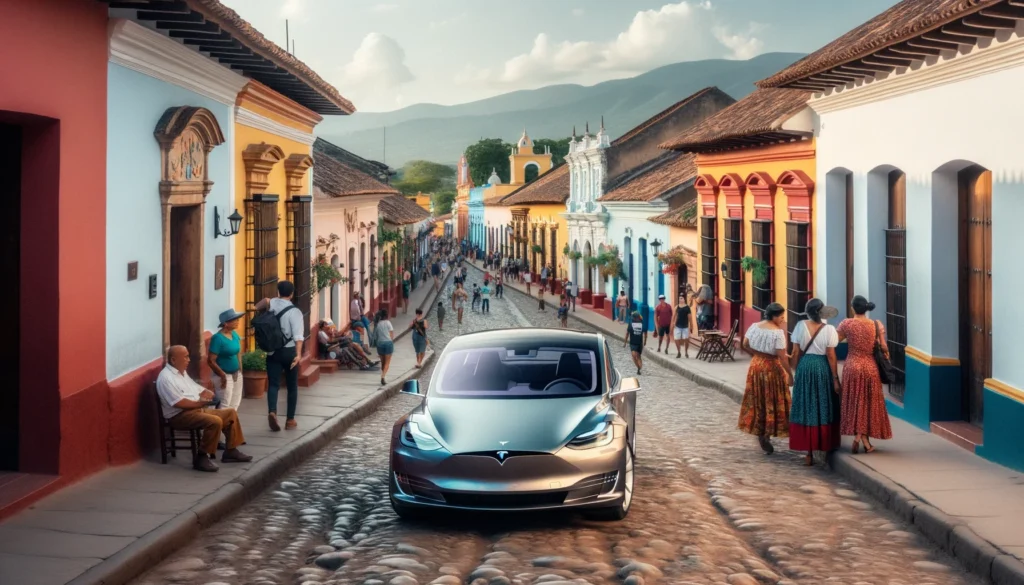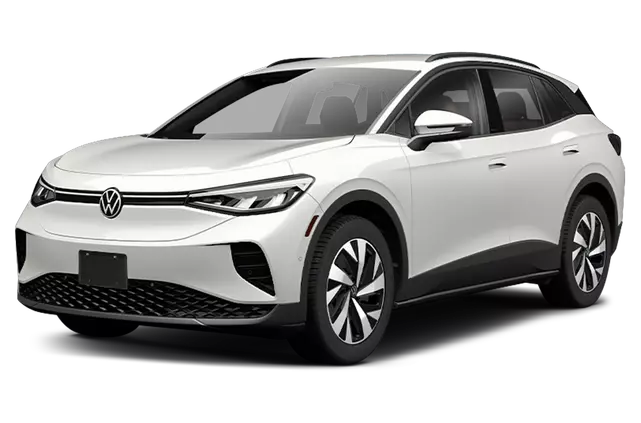Tesla, the leading electric vehicle (EV) manufacturer, is gearing up to venture into the South American market. The company recently posted a job opening for a country manager in Chile, hinting at its intentions to expand into this untapped region. With its strong commitment to sustainable energy and the increasing demand for EVs, Tesla aims to make a significant impact in South America.
A Decade of Electric Revolution
Since the launch of the Model S in 2010, Tesla has been at the forefront of accelerating the deployment of electric vehicles worldwide. The company’s innovative technology and commitment to sustainability have revolutionized the automotive industry.
Tesla has successfully expanded its operations across North America and most European countries, gradually making its mark in Asia. However, until now, South America has remained untouched by Tesla’s electric revolution.
Tesla’s Entry into South America
Tesla’s job posting for a country manager in Chile has sparked excitement and speculation about the company’s plans for South America. The job description states that the selected candidate will play a crucial role in shaping Tesla’s corporate image and accelerating the transition to sustainable energy. The country manager is typically the first individual hired when Tesla expands into a new market, indicating the company’s serious intention to establish a presence in South America.
Based in Santiago, the capital of Chile, Tesla is also seeking Tesla advisors and service technicians to support its operations in the country. Chile’s auto market may be relatively small, with approximately 234,000 vehicles sold year-to-date, representing a 29% decrease compared to the previous year. However, what makes Chile an interesting choice for Tesla’s entry into the South American market is its strong interest in electric vehicles.
Chile: A Unique Entry Point
Tesla’s move into South America is being orchestrated with a strategic choice of location. The company is currently promoting a job posting on LinkedIn for a “Country General Manager, Chile,” indicating its intent to establish a foothold in this South American nation. While Chile might not be the largest auto market in South America, it presents several unique advantages that make it an attractive proposition for Tesla.
Chilean auto market statistics reveal that approximately 234,000 vehicles were sold year-to-date, which marks a 29% decrease compared to the previous year. This figure is roughly equivalent to the number of vehicles sold in Brazil monthly. The relatively small size of the Chilean auto market may raise eyebrows, but there’s more to this story than meets the eye.
Tesla’s Competition in South America
While Tesla is preparing to enter the South American market, it faces competition from Chinese EV manufacturer BYD. BYD has already set its sights on South America and is introducing affordable China-made EVs.
However, Tesla is known for its high-end electric vehicles, and it appears willing to test the market in South America with its premium offerings. The company’s reputation for cutting-edge technology and luxurious electric vehicles could attract a niche market of consumers seeking a top-tier EV experience.
The Potential for Tesla in South America
Tesla’s entry into South America holds immense potential for the company and the region. As the world becomes increasingly aware of the need to reduce carbon emissions and adopt sustainable practices, the demand for electric vehicles continues to rise. South America, with its growing interest in renewable energy and strong lithium resources, presents an ideal opportunity for Tesla to establish a foothold in the region.
Additionally, Tesla’s presence in South America can stimulate the local economy and create job opportunities. The establishment of service centers, charging infrastructure, and the hiring of local talent can contribute to the development of a thriving EV industry in the region. Furthermore, as Tesla expands its operations, it can collaborate with local stakeholders and government bodies to advance sustainable transportation initiatives and drive the adoption of electric vehicles.


